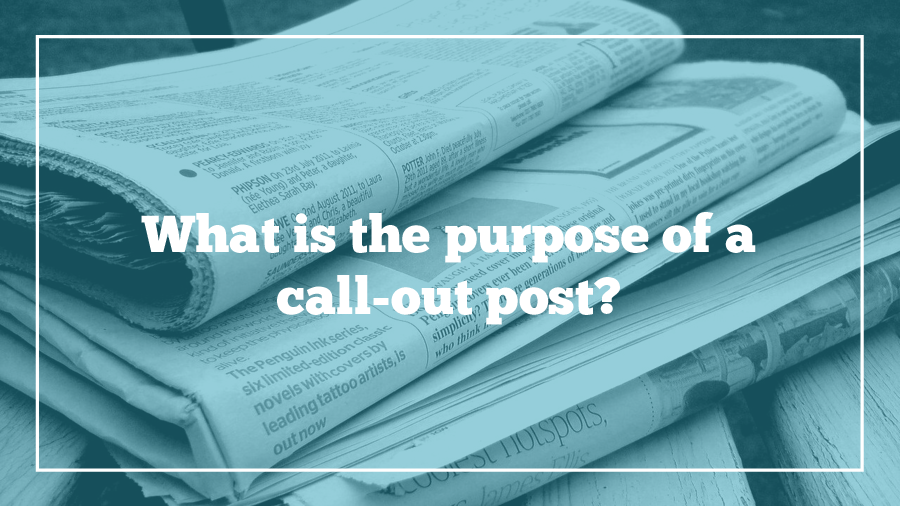
No community is without its bad actors, and anime fandom is certainly no exception. I’d argue that 2019 has been all about our fandom family discovering this anew and looking to flush out bad behavior. It’s what is behind the incredibly brave reporting from Lynzee Loveridge and others regarding the previously untouchable Vic Mignogna, which has had incredible repercussions that years of whispers about Vic’s harassment had been unable to match.
But not every call-out is on that level. Recently, I’ve been following a much quieter Twitter discussion in which anime fans were becoming aware of a member of our community who habitually makes deeply offensive remarks. This person was brought to my attention a while back and while I did some investigating, I did not end up writing an article about them.
In a time that calling out bad behavior has actually led to consequences for bad actors and retribution for their victims, why would I choose not to write the article? It all comes down to what a call-out post is really designed to do.
When this person was brought to my attention last year, they were in a position of power. They had a history of regularly tweeting racist, sexist, and homophobic attacks toward marginalized people. They were also in a gatekeeping position at an anime convention, where they had a significant role in choosing who could and couldn’t present a panel at that con.
After reaching out to that convention during my reporting process, I discovered that they had recently been made aware of this person’s actions, and were in the process of cutting ties. Within a week, this person faced the consequences and today has no platform beyond Twitter.
I began my reporting on a racist with a platform. But within weeks, they were just a racist with no platform and no way to significantly affect the community at large. I thought that writing an article about their behavior would be punching down, the same way that sending my 8,000+ Twitter followers after any random person on the platform would be.
But recently, I have been questioning this decision after following the recent conversation. People are sharing this person’s offensive comments on Twitter, which the person continues to make routinely. As a result, people are becoming aware of this person’s behavior, often for the first time. The fact that so many people didn’t know about this person’s bad behavior makes me wonder if I was right not to publicize my reporting last year.
It all comes down to what the purpose of a call-out is in the first place.
My view on the purpose of a call-out comes from my journalism school education, where we were taught to weigh a private citizen’s right to privacy vs. the public’s right to be unharmed. When this person was in a position of power, a call-out would have been fair game. It would be similar to the time last year that I wrote a post about John Leigh of Anime Matsuri. It’s hardly punching down to critique the bad behavior of somebody who runs an anime convention with thousands of attendees.
But this recent call-out weighed privacy vs. potential for harm differently. Though this person is no longer in a role where they can influence fandom or gatekeep who can and can’t participate in a convention, they still are a part of our community, joining in on social media conversations. After this latest call-out, a lot of people blocked this person, which begs the question: when we call out bad behavior, what is the intended outcome? Is it to create consequences for bad behavior where there weren’t any before? Or is it to shut them out forever?
In full disclosure, I have this person blocked as well. I don’t know if it’s the right thing to do. I don’t know if people are allowed to have a second chance to play nice in the community, especially if they are a repeat offender. It pains me that this is the second time I’ve had to wrestle with this dilemma this year, and the previous time it happened, I had initially considered the person in question a friend. I know that what I (and my blue checkmark) do on Twitter can send a message that’s bigger than me, but I also know that blocking people so I don’t have to engage with bad-faith arguments is better for my mental health.
I’m still undecided, so I’m opening this up to you, reader. When we call out somebody’s bad behavior, what should the result be? To make them face consequences for their actions when there weren’t any previously, or to shut them out of our community? How significant should those consequences be, and should they last forever? What kind of apology, if any, would be acceptable before we welcome a prior bad actor back into the fold? In 2019, this is the kind of debate we need to be having because these call-outs aren’t going to die down soon.
